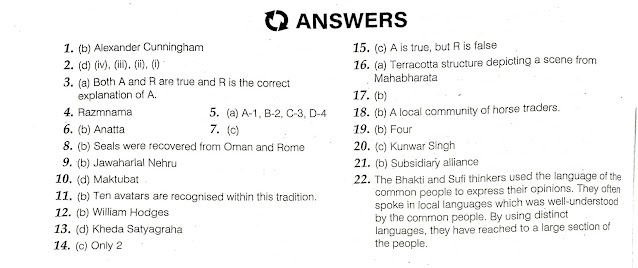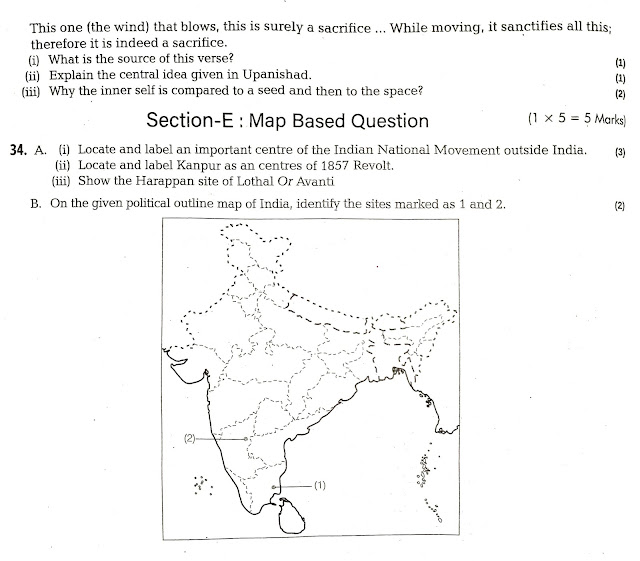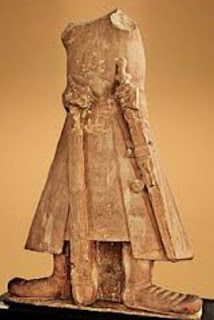Changing culture tradition
Changing culture tradition 1.State the features of Humanistic thought. Ans.(I) The Humanist thought implied that religious teachings alone could not provide answers to a holistic life. This culture was labelled as Humanism by the historians in the 19th century. (ii)By the early 15th century, the term 'humanist' was used for masters who taught grammar, poetry, history, moral philosophy and rhetoric. (iii) These subjects were not drawn from or connected with religion, emphasised skills developed by individuals through discussion and debate. 2.Explain the changes that help in the revival of Italian culture after the fall of western Roman Empire. Ans. Political and cultural centres in Italy were destroyed after the fall of Western Roman Empire. (i)There was no unified government during those times. (ii) Pope was not strong though he was sovereign in his own state. (iii) For a long time, the regions of ...


